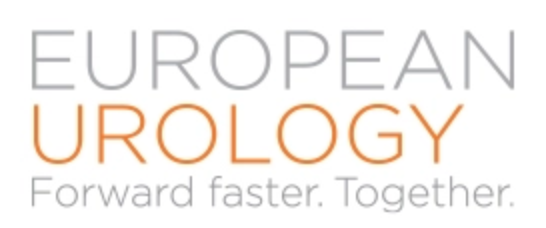Clinical evidence for low intensity extracorporeal shock wave therapy (Li-ESWT)
Low intensity extracorporeal shock wave therapy has been studied extensively and a number of double blind studies have been undertaken, with more underway, to investigate its potential to treat erectile dysfunction in various cohorts. Studies are registered with theNational Institutes of Health on ClinicalTrials.gov here. Over 19 studies involving shockwaves have been registered and are listed here. The therapy is currently approved in over 20 countries and many hundred clinics worldwide. The protocols and the type of device are significant – see the devices/technologies here. Focused and radial shock waves have different effects.
Relevant papers are as follows:

Jamil Ghahhari, MD, Alessio Faieta,Urological Nurse, Luca Cindolo, MD,PhD, Department of Urology, PrivateHospital Villa Stuart, Rome, Italy ,Cosimo De Nunzio, MD, AssistantProfessor of Urology, RiccardoLombardo, MD, Department of Urology,“Sant’Andrea” Hospital, “La Sapienza”University, Rome, Italy, Riccardo Ferrari,MD, Department of Urology, Universityof Modena and Reggio Emilia, Modena,Italy, Giovanni Ferrari, MD, Professor ofUrology, Lorenzo Gatti, MD, NicolaGhidini, MD, Rosario Calarco Piazza, MD,Department of Urology, HesperiaHospital, CUrE Group, Modena, Italy – 31March 2022
A retrospective national, multi-institutional study was performed to compare the effects of different shockwave technologies in ED patients.All of the subjects underwent 8 consecutive weekly physical treatments with SWT under either a focused or non-focused regimen: 3,000 shocks per session at 0.09mJ/mm2 and 10,000 shocks per session at15 Hz and 90 mJ, respectively.

Natalie Oginski, Hendrik Apel, MarioRichterstetter, Verena Lieb, ChristianFiebig, Peter J Goebell, Bernd Wullich,Danijel Sikic – Feb 2022
Li-ESWT was performed in 50 patients suffering from ED by applying 3,000 shockwaves once a week over a period of 6weeks. Treatment success was defined as an increase in the International Index ofErectile Function 5 (IIEF-5) score by ≥5points or an Erectile Hardness Score (EHS)of ≥3 points. IIEF-5 and EHS were measured at baseline and at 3 and 6 months of follow-up. A significantly improved IIEF-5 score could be achieved in men with cardiovascular risk factors without cardiovascular risk factors showed no therapeutic benefit from Li-ESWT

Eric Chung, Ross Cartmill – August 2021
This long-term study showed the observed clinical improvement in EF continues to deteriorate but appears to plateau at 40%clinical efficacy at 48–60 months after completion of LIESWT. The absence of penile pain and deformity at 5-year follow-up supports the long-term safety data ofLIESWT in men with ED.

Men’s Power-Pressure Wave ErectileRegeneration-Therapy: an Early Assessment
Jason Perelman and Vaughan DanielsHepnar – 2017
This study was to evaluate low intensity extracorporeal shockwave therapy (LISWT) for Erectile Dysfunction (ED) used as a first line treatment in many parts of the world as a viable alternative to oral, on-demand, phosphodiesterase type 5 inhibitors(PDE5i). It concluded that non-invasive low intensity shockwave therapy (LISWT) has been shown to significantly improve erectile function in men previously PDE5i dependent.

Angulo, Arance, de Las Heras, Meilán,Esquinas, Andrés – October 2017
Meta-analysis of literature concludes that treatment with LISW for erectile dysfunction is effective, both in the short and medium term. LISW has been described as more effective than placebo in the short term. The long-term efficacy data are insufficient.

Zhihua Lu, Guiting Lin, Amanda Reed-Maldonado, Chunxi Wang, Yung-ChinLee, Tom F. Lue – 2016
This review and meta-analysis concludes that the studies presented encouraging results, regardless of variation in LI-ESWT setup parameters or treatment protocols, suggesting that LI-ESWT could significantly improve the IIEF and EHS of ED.

